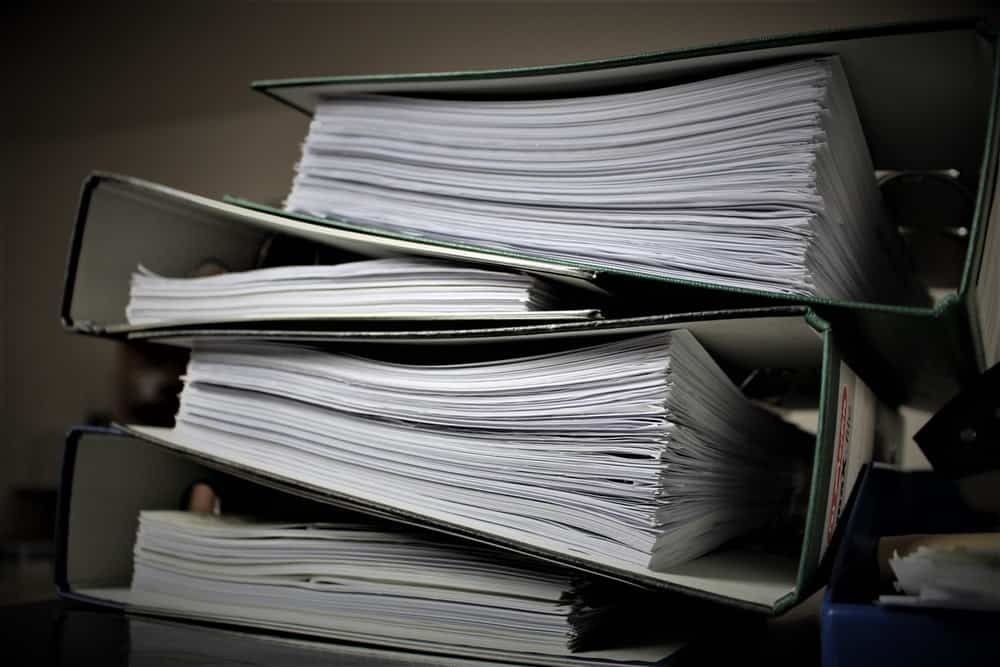
Verifying official records has historically been a redundant and cumbersome process, where in certain situations, tracing the record issuers is a futile exercise – specifically with international records, as the issuer might no longer be around to substantiate the record or is not inclined to authenticate it.
The U.S. transportation industry is so large that it frequently finds itself witnessing driver identity fraud. Atop this, the industry is bogged down with a driver shortage and its inability to plug the high driver turnover rate, which affects trucking insurance premiums that have been rising steadily over the years.
This exposes the industry to systemic risks surrounding driver identity. Identity fraud has played a role in 10% of all cargo theft in recent years, with the average value of the load lost to fictitious pickup amounting to over $140,000 and impacting the industry at around $15 billion a year.
Learning Machine, a company based out of New York is looking to solve this problem, by developing an enterprise application for issuing and verifying official records using the blockchain as a secure encrypt of trust. “We developed a technology standard to do this which is called Blockcerts. It is an open source standard that is not owned by Learning Machine, and is a toolkit for any government company or university around the world to build their own applications for issuing and verifying official records,” said Natalie Smolenski, VP of Business Development at Learning Machine.
In practice, a lot of companies do not have the wherewithal to build their own software, which is where Learning Machine finds its product-market fit. “Think about blockchain the same way you would think about the internet. You don’t use the internet directly, but use Facebook, Google, and Gmail – which are examples of applications that talk to the internet,” said Smolenski. “It is the same with blockchain – you don’t use it directly but through applications that talk to the blockchain for you and perform certain functions.”
Learning Machine is essentially an application for an issuing system that talks to the blockchain through the blockcerts open standard and anchors official records to any blockchain. The company believes in digital self-sovereignty – meaning that individuals have the right to own and control their personal data.
Blockcerts creates a digital record that is owned by the recipient and co-owned by the issuer, making it a direct peer-to-peer transaction, where the issuer sends the recipient an official document like a commercial driver’s license, and both parties can prove cryptographically that they own the document. “This empowers them, which means that they are not dependant on a particular vendor or software platform to own and verify their records,” said Smolenski.
Learning Machine can thus identify and eradicate problems around identity fraud, double brokering, and even issues regarding lost paperwork. A universal driver ID that is owned by the driver but based in the blockchain for a decentralized verification will reduce costs over the years for all the players in the industry.
The timeline is key in here. Smolenski is certain of the benefits of switching to a decentralized verification in the long run, but in the short term might cause some negative revenue impact for brokers and shippers. This would be because the blockchain-led verification processes would weed out bad actors from within the driving ecosystem, leading to a tightening in the labor pool – and causing an increase in driver pay. “But in the long term, the elimination of bad actors is going to reduce costs related to replacement records, and costs due to theft or loss, insurance, and screening,” she said.
Learning Machine is a part of BiTA, and its primary objective in the consortium is to raise awareness about the capacity of blockchain to serve as a verification infrastructure for driver identity. “We want to get the coalition together to begin to think through on where the low hanging fruits are – the ones we can target right away,” said Smolenski.
Keeping the Blockcerts software open-source is central to Learning Machine’s ideology. “The question right now is when blockchain technology gets adopted, would our industry go for open standards, or would they go for proprietary solutions that will lock them into specific vendors’ ecosystem,” said Smolenski. “This is a very important question, and Learning Machine is always advocating for the adoption of open standards, because in the long run, it benefits issuers, recipients, verifiers more than any proprietary solution can.”
Stay up-to-date with the latest commentary and insights on FreightTech and the impact to the markets by subscribing.










